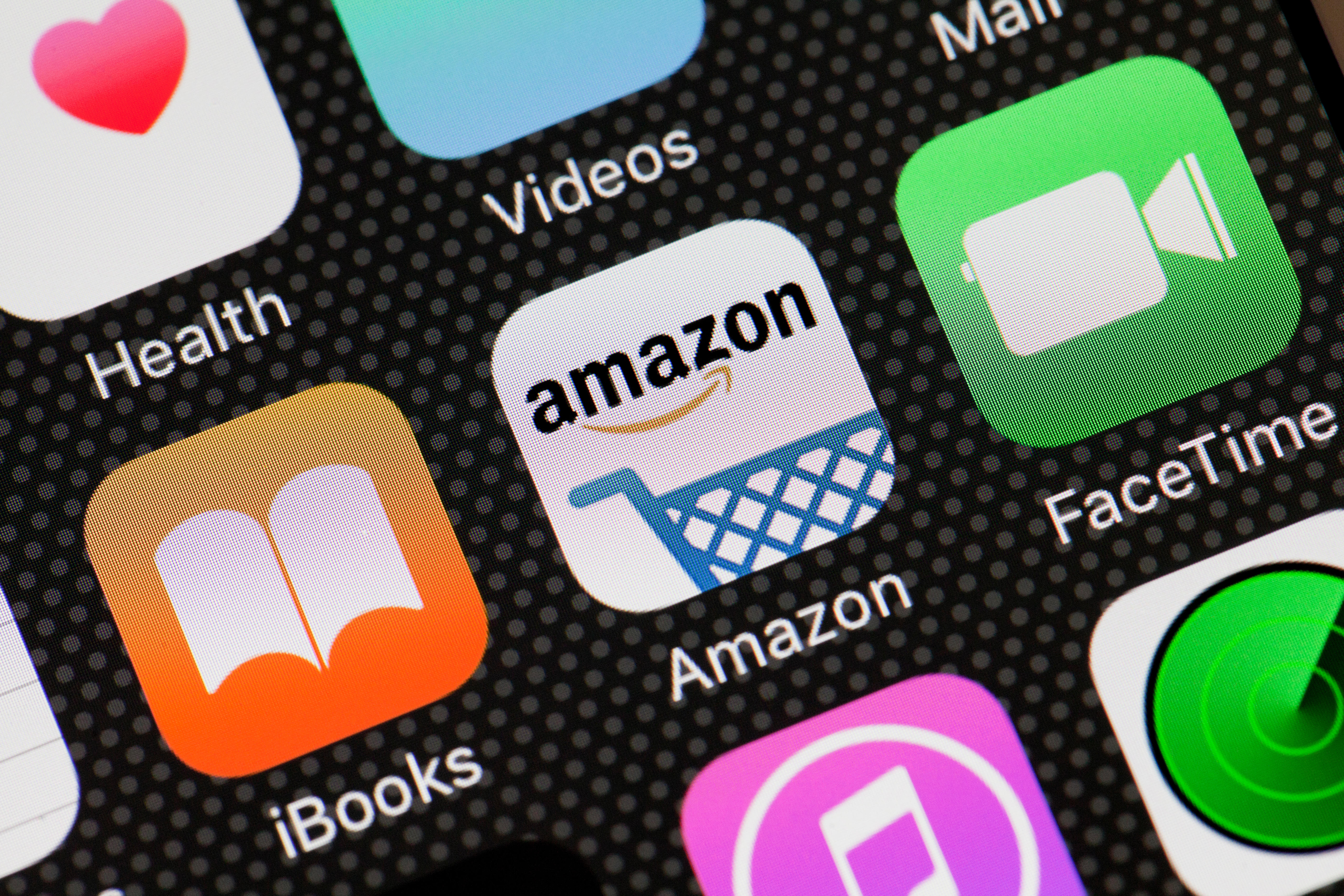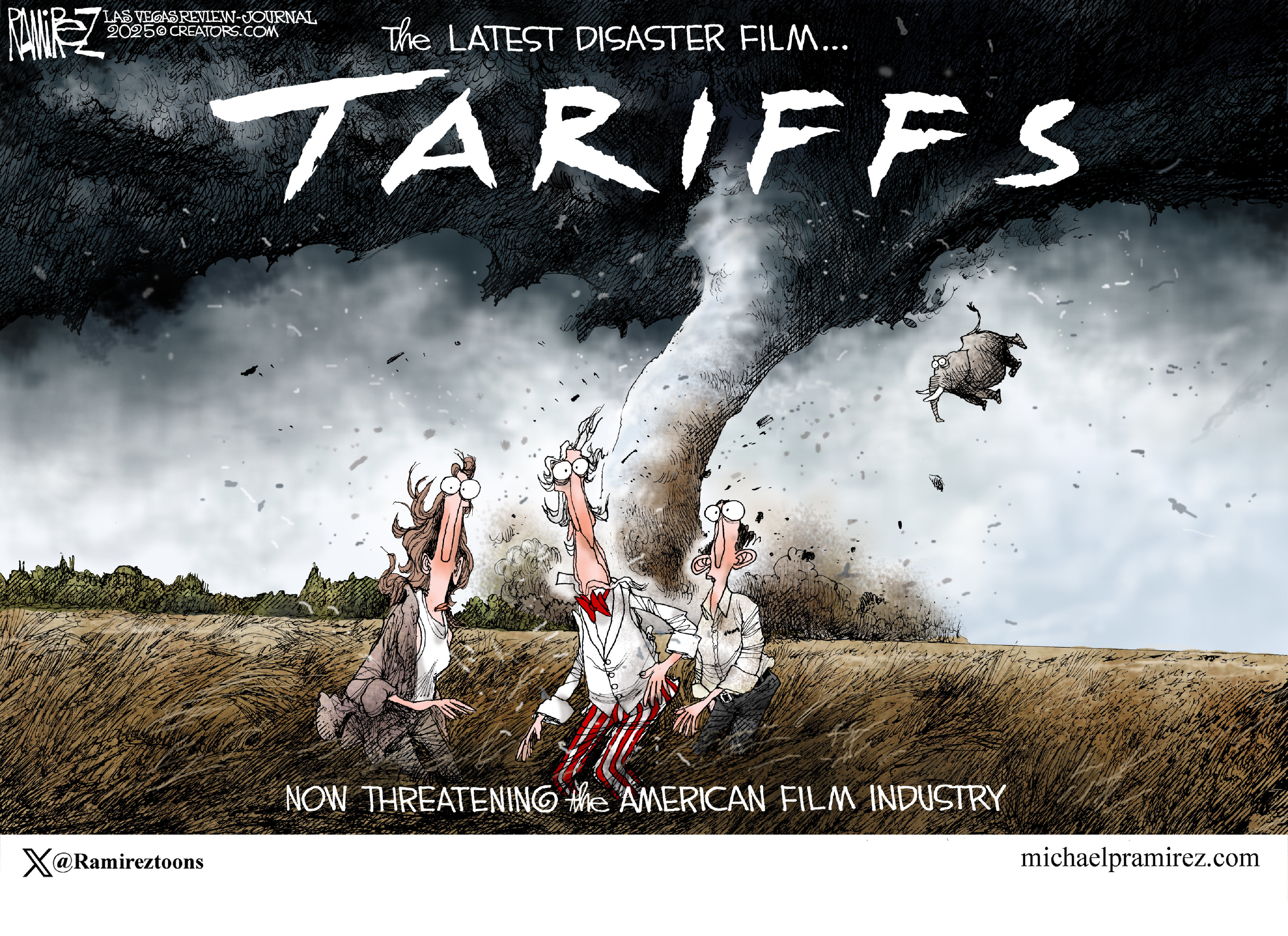Uncle Sam is not going to smash Silicon Valley
Just consider what happened after the financial crisis


It must be frustrating to lead the vanguard of what you hope is the 21st century's next great political movement — and have nobody follow you. So far at least, that's what's happening to the most fervent anti-Silicon Valley activists — mostly on the left, but some on the right — who are itching to break up Big Tech or at least heavily regulate it, and are mostly coming up short.
Sure, the media and policymakers are focusing more and more on the growing societal influence of the platform companies. These are the ones that New York Times tech columnist Farhad Manjoo has nicknamed the "Frightful Five": Amazon, Apple, Facebook, Microsoft, and Alphabet, the parent company of Google. (Combined stock market value: a bit more than $3 trillion.) These tech titans have been ramping up their public relations and Washington-lobbying efforts for good reason.
Yet so far it's an elites-only phenomenon. There's hardly a growing groundswell of popular opposition to the companies whose online services we all use every day and find incredibly valuable. And the activists have noticed this inconvenient disconnect. "Now that Google, Facebook, Amazon have become world dominators, the questions of the hour are, can the public be convinced to see Silicon Valley as the wrecking ball that it is?" writes Noam Cohen in a pleading New York Times op-ed titled "Silicon Valley is not your friend."
Subscribe to The Week
Escape your echo chamber. Get the facts behind the news, plus analysis from multiple perspectives.

Sign up for The Week's Free Newsletters
From our morning news briefing to a weekly Good News Newsletter, get the best of The Week delivered directly to your inbox.
From our morning news briefing to a weekly Good News Newsletter, get the best of The Week delivered directly to your inbox.
But here's the thing: Most Americans remain pretty friendly toward the tech titans. As noted by Wired, Amazon, Facebook, and Google continue to have high favorability ratings, according to public opinion surveys. Research firm Morning Consult finds Google with an 82 percent net favorability rating, Amazon 77 percent, and Facebook 60 percent. That's not even frenemy territory. Those companies are also among the most widely admired by Americans aged 18-34. What's more, there's been no apparent change in the "brand health" of Big Tech over the past year, as measured by the YouGov BrandIndex. All that despite a year of terrible headlines, whether it's Russians using Facebook to influence the U.S. presidential election, sexism at Uber, free speech issues at Google, or more existential concerns that artificial intelligence and robots will destroy the human job market.
Surely the American public will in time develop a righteous rage over the sector's "extreme wealth and power," as Cohen puts it, and that will spur some old-fashioned trustbusting by Washington? If you think data is the new oil, as one tech lobbyist recently told Axios, then Jeff Bezos might be seen by regulators as the new John D. Rockefeller, whose Standard Oil refining giant was declared an illegal monopoly by the Supreme Court in 1911 and broken up.
Maybe. But consider how the political and policy responses to the 2007-2009 financial crisis and subsequent recession suggest otherwise. The federal government had to launch an unprecedented bailout of the biggest banks to prevent the total implosion of the American financial system. People hated Wall Street with such intensity that even a decade later, most Americans think the megabanks do more to hurt than help their lives.
And then what happened? Well, Congress in 2010 passed the Dodd-Frank financial reform law. Which was significant. But given the circumstances, that effort seems in retrospect a minimalist response. Despite all sorts of think tank plans on how to shrink the megabanks or even break them up, they're bigger and more powerful than ever. "The [too big to fail] problem continues to be one of the most serious long-term risks to the U.S. economy," notes the Minneapolis Federal Reserve.
Washington didn't bust up the megabanks. But somehow it might break up or heavily regulate Big Tech — which like Wall Street is politically powerful and economically critical but also pretty darn popular? It seems an almost fantastical notion.
Now, even if Google and Amazon aren't going to be broken up, that doesn't mean there won't be plenty of efforts to regulate the big platform companies in different ways. And some of those attempts will be successful.
So how might regulation work in a way that doesn't ruin this dynamic sector's ability to innovate? One could imagine, as tech journalist Walter Mossberg and policy expert Hal Singer have, that Congress creates a special court or tribunal with the legal, economic, and engineering expertise to judge competition complaints against the platform companies. Now I'm not yet sold, but it does sound better than politicians mucking about or even tearing apart highly innovative and evolving business models that they simply don't understand. Let's tread carefully.
Sign up for Today's Best Articles in your inbox
A free daily email with the biggest news stories of the day – and the best features from TheWeek.com
James Pethokoukis is the DeWitt Wallace Fellow at the American Enterprise Institute where he runs the AEIdeas blog. He has also written for The New York Times, National Review, Commentary, The Weekly Standard, and other places.
-
 Laurence Leamer's 6 favorite books that took courage to write
Laurence Leamer's 6 favorite books that took courage to writeFeature The author recommends works by George Orwell, Truman Capote and more
-
 Today's political cartoons - May 7, 2025
Today's political cartoons - May 7, 2025Cartoons Wednesday's cartoons - film industry tariffs, self-deportation, and more
-
 Weer at Soho Theatre Walthamstow: a 'silly, seductive, slapstick joy'
Weer at Soho Theatre Walthamstow: a 'silly, seductive, slapstick joy'The Week Recommends Natalie Palamides' 'tear-inducingly funny' one-woman show opens London's newest venue